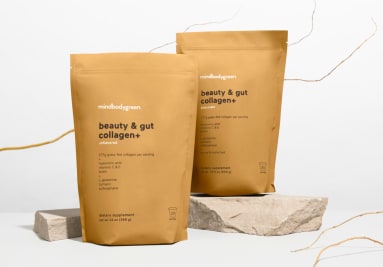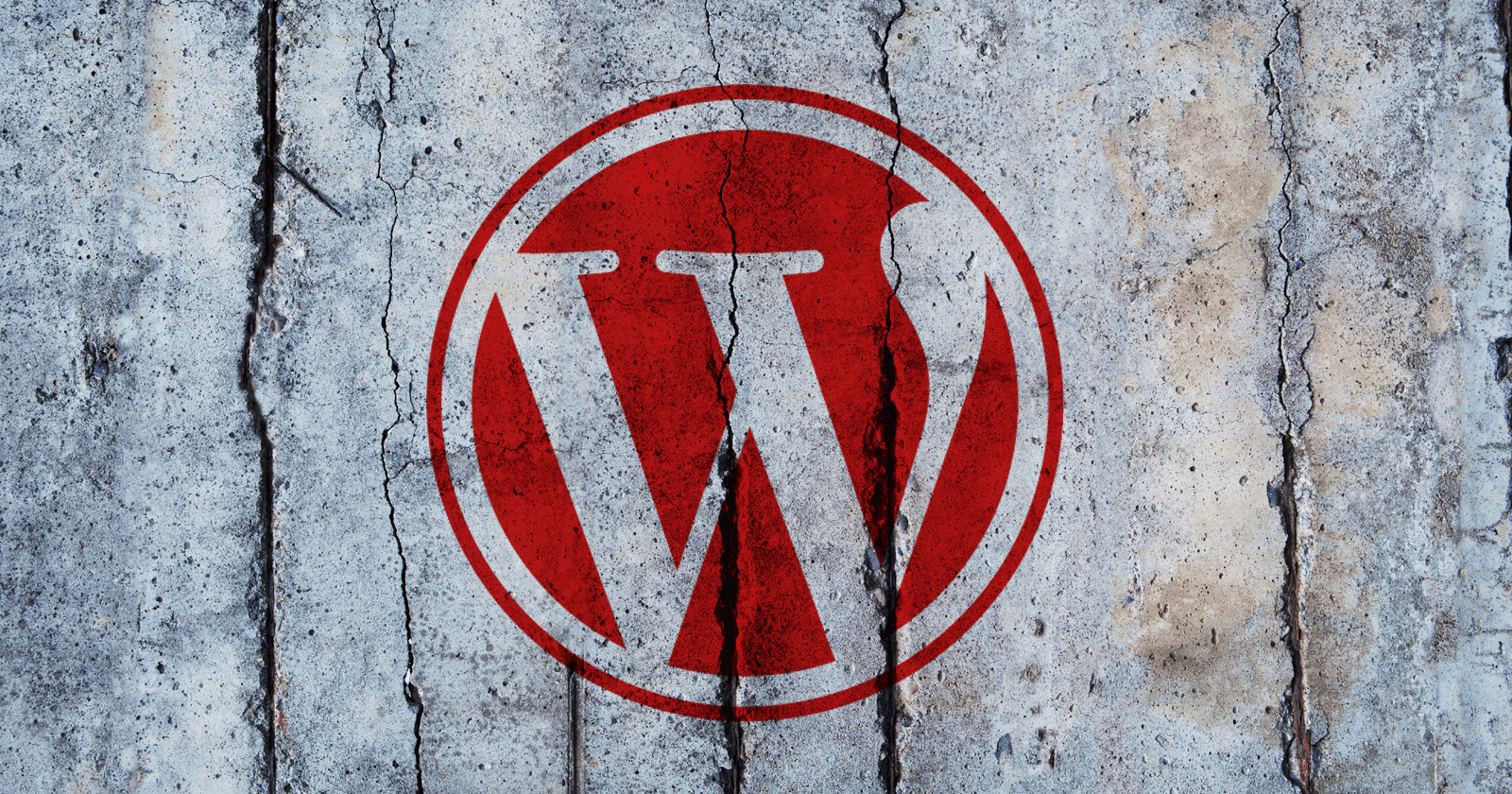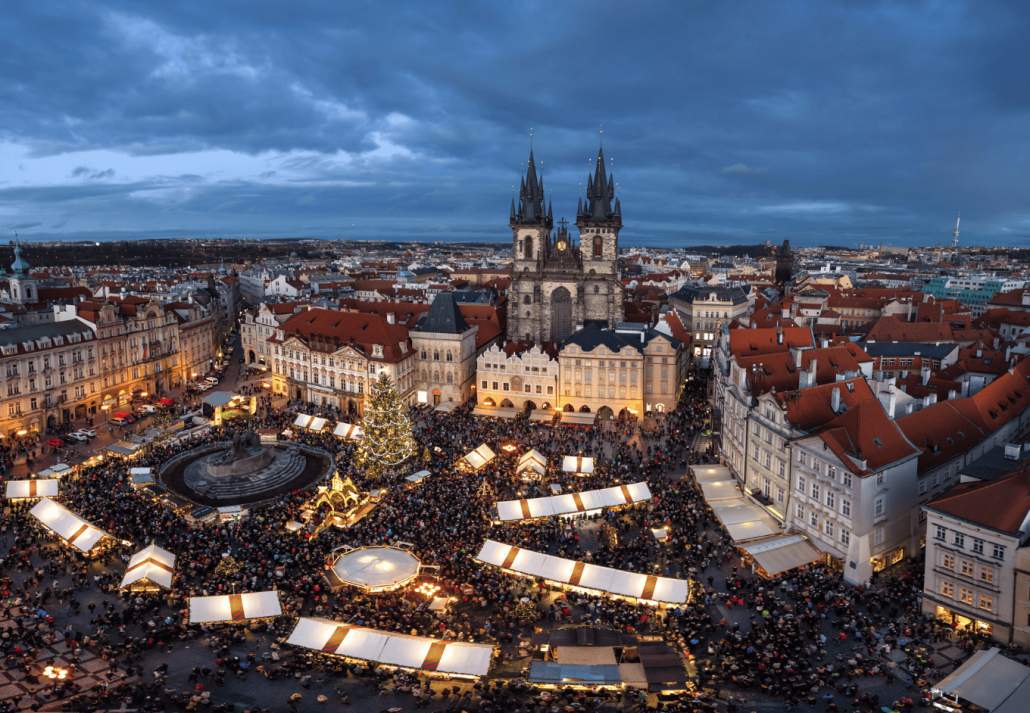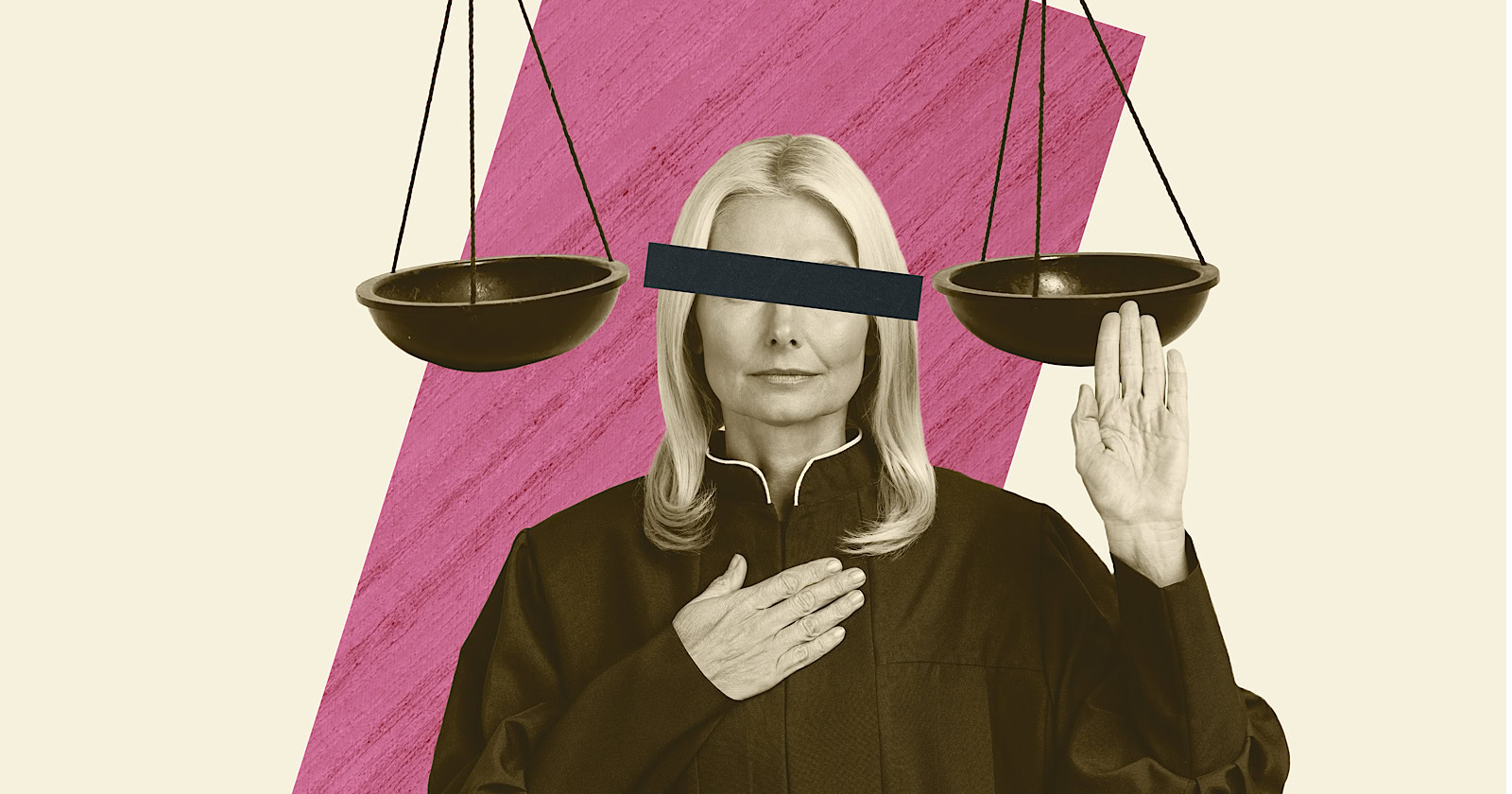This Is The Biggest Sign Your Skin Could Use A Collagen Supplement
The vast world of supplements can be a tad overwhelming.
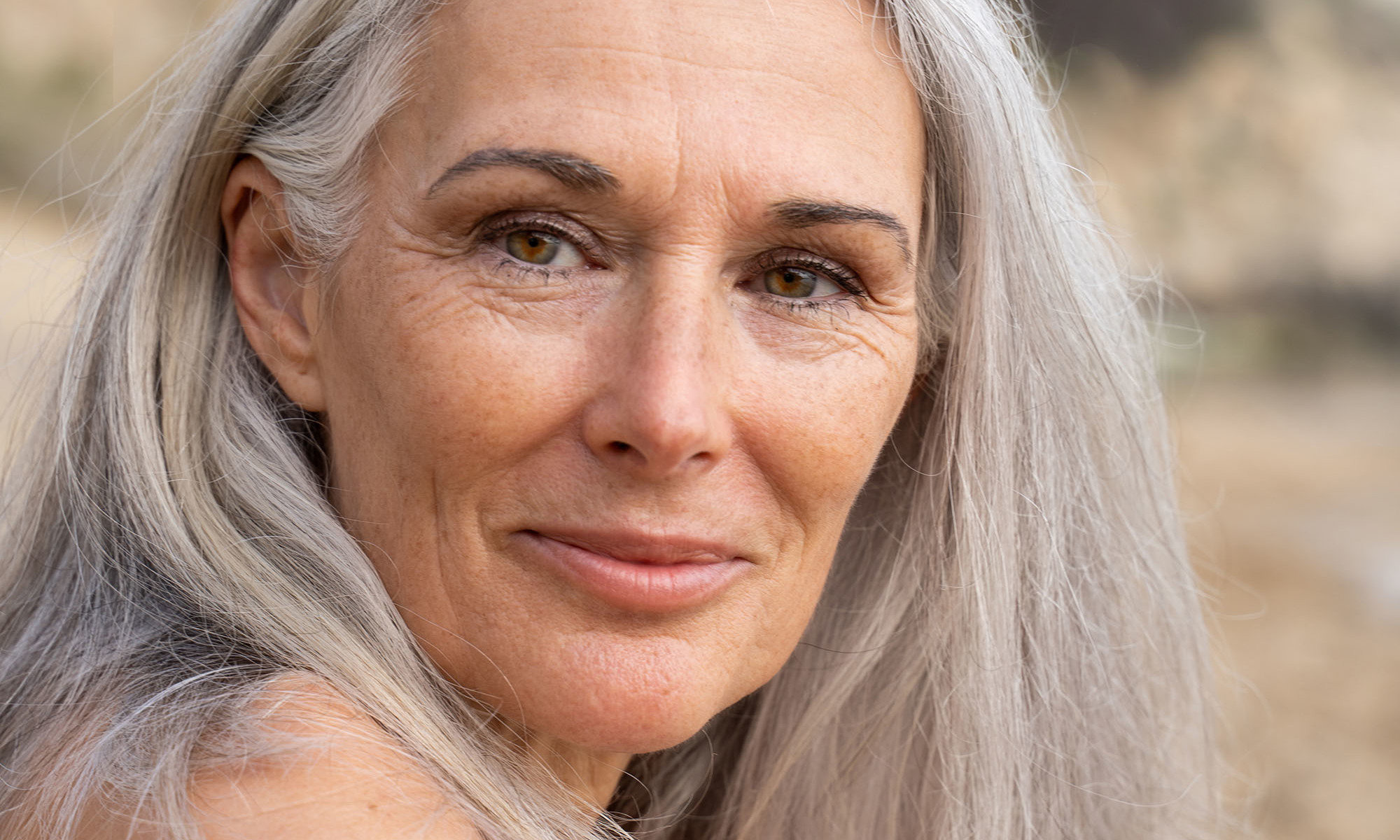

mbg Assistant Beauty Editor
mbg Assistant Beauty Editor
Hannah Frye is the Assistant Beauty Editor at mindbodygreen. She has a B.S. in journalism and a minor in women’s, gender, and queer studies from California Polytechnic State University, San Luis Obispo. Hannah has written across lifestyle sections including health, wellness, sustainability, personal development, and more.
Image by stocksy // Alba Vitta February 7, 2023 Our editors have independently chosen the products listed on this page. If you purchase something mentioned in this article, we may The vast world of supplements can be a tad overwhelming. You may think you need every single capsule and powder out there, but the truth is you get tons of vitamins and nutrients simply from consuming whole and natural foods. (Although, if you need a little extra nudge, quality supplements surely won't let you down.) However, some ingredients aren’t so omnipresent, like collagen. While you can find collagen in food, it’s not quite as intuitive. Still not sure if you could use one in your routine? Here’s one sign you may want to consider. 
Advertisement
This ad is displayed using third party content and we do not control its accessibility features.
How to know if you should start taking collagen.
The tell-tale sign: fine lines, especially ones that don't go away after pinching your skin. These light wrinkles tend to form when collagen degradation surpasses collagen production. This naturally happens in most people's bodies from the time they're in their late teens or early 20s and decreases by about 1% a year1.
But how are these lines different from wrinkles? "Fine lines are often considered to be baby wrinkles," board-certified dermatologist Joshua Zeichner, M.D. previously told mbg. Those faint etchings can mature into deeper folds later on, which is why it’s essential to catch them early.
While there’s nothing wrong with fine lines, it’s understandable that you may want to tend to your skin’s collagen production in the name of skin health. One easy way to do so: add a collagen supplement to your daily routine.
The research shows that collagen peptides are able to support skin elasticity and dermal collagen density2.* How? Well, hydrolyzed collagen peptides have been shown to help promote the body's natural production of collagen1 and other molecules that make up the skin, like elastin and fibrillin.*
Not to mention, clinical studies on collagen supplementation and skin hydration show that with regular use, it supports your skin's hydration levels.* Given that a lack of hydration can manifest into fine lines as well, this is a worthwhile benefit.
Not sure where to look? Enter, mbg beauty & gut collagen+, A versatile powder that’s packed with hydrolyzed collagen peptides for optimal absorption, hyaluronic acid, vitamins C and E, biotin, and even more skin-loving ingredients.*
Plus, it’s oh-so easy to add to your favorite smoothie, daily cup of joe, morning oatmeal, or any other recipe that could use a boost. Want a time-saving recipe? Opt for these collagen-packed overnight oats.
Advertisement
This ad is displayed using third party content and we do not control its accessibility features.
The takeaway.
Full disclosure: Anyone can benefit from taking collagen. However, one tell-tale sign you should definitely add this product to your routine is persistent fine lines or lack of skin moisture. Want to learn more about the benefits of collagen supplements? Check out this breakdown.
If you are pregnant, breastfeeding, or taking medications, consult with your doctor before starting a supplement routine. It is always optimal to consult with a health care provider when considering what supplements are right for you.

Hannah Frye
mbg Assistant Beauty Editor
Hannah Frye is the Assistant Beauty Editor at mindbodygreen. She has a B.S. in journalism and a minor in women’s, gender, and queer studies from California Polytechnic State University, San Luis Obispo. Hannah has written across lifestyle sections including health, wellness, sustainability, personal development, and more. She previously interned for Almost 30, a top-rated health and wellness podcast. In her current role, Hannah reports on the latest beauty trends, holistic skincare approaches, must-have makeup products, and inclusivity in the beauty industry. She currently lives in New York City.

 Lynk
Lynk 